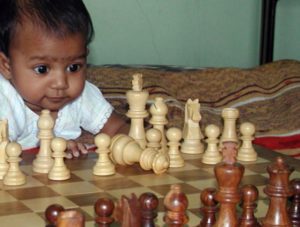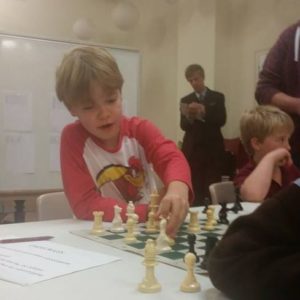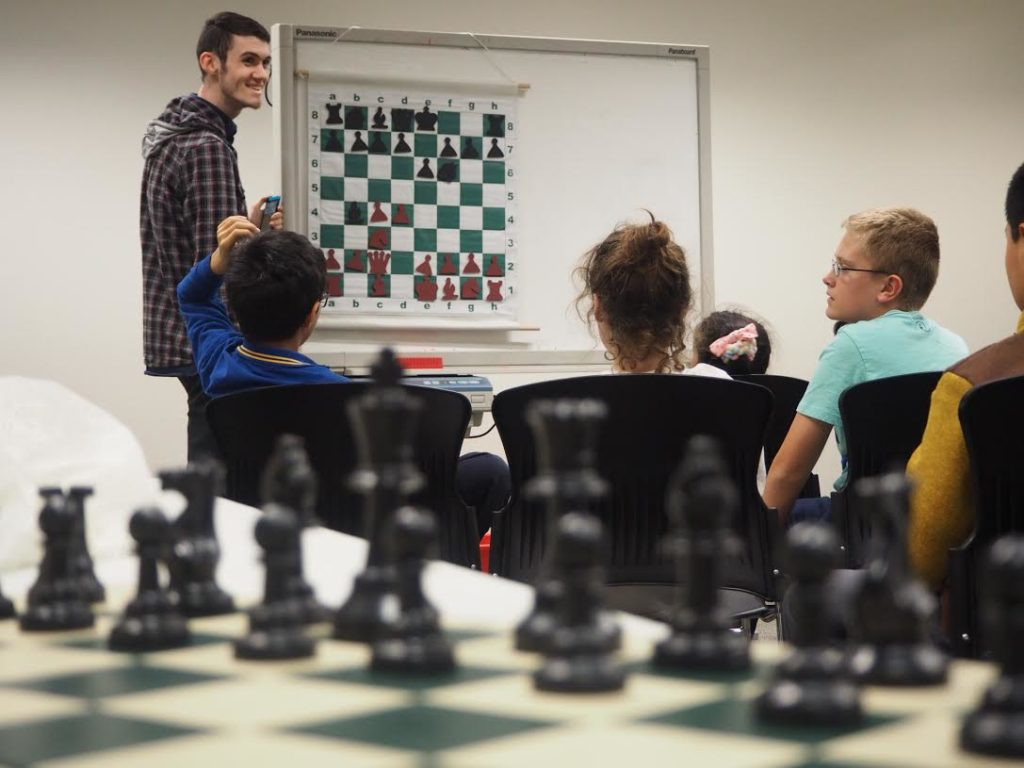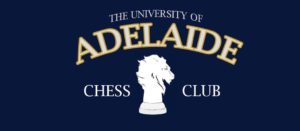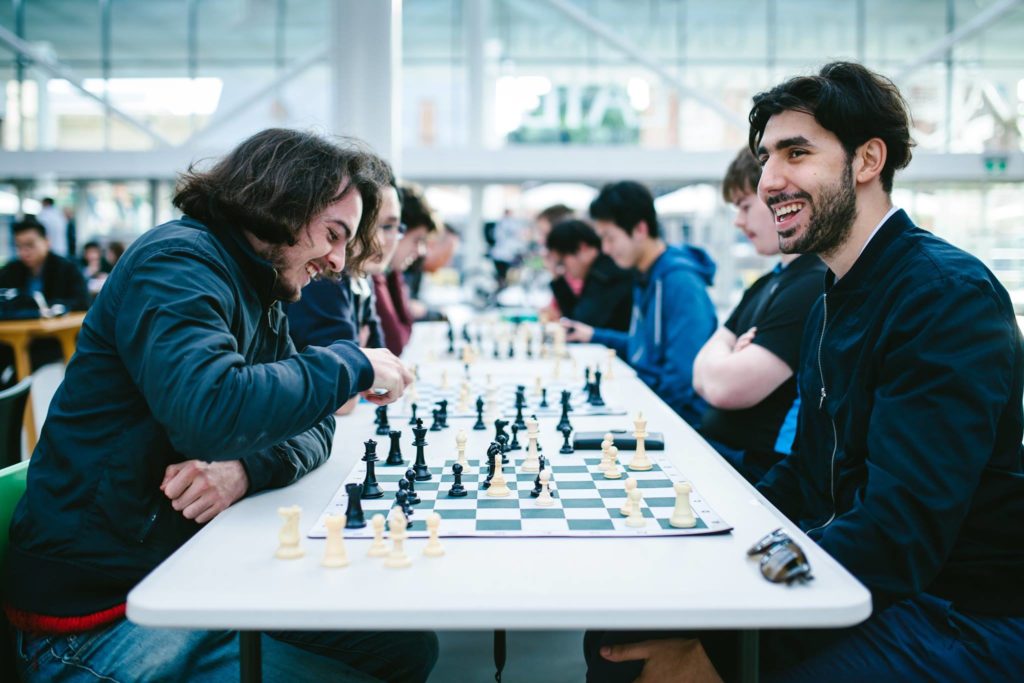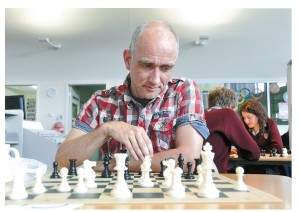Cor van Wijgerden is not a name many South Australians are familiar with.
But the Dutch chess coach and Step Method co-creator to whom it belongs deserves recognition for the structured chess education of hundreds of our brightest young minds.
In Part Two of our series on the unique Step Method of teaching chess we present an exclusive interview with the man responsible for its inception. (If you haven’t read it yet, click here to read Part One).
————————————————————————————————————————-
Chesslife: The Step Method has been in publication since 1985, what was the inspiration to commence such a big project?
Cor: We started in 1985, the first publication appeared in 1987.
Since 1982 I was the national coach of the Netherlands and produced a lot of training material. This material ended up (via my students) at local chess clubs. People started to ask for (much) easier material. I asked Rob Brunia for help; an expert in beginners chess.
People liked the material. We offered the Dutch Federation the material, but they refused. This refusal gave enough inspiration to continue! (next to the fact that many people asked us to go on).
Chesslife: What do you think it is about this system that is so effective compared to other systems?
Cor: Going not too fast is certainly an important factor. A proper board vision is essential before you teach combinations like the double attack. What’s the use if a child drops a lot of pieces in a game (and doesn’t take ones it could take for free) to teach new stuff.
There is a lot more to say. Let’s look at an overview:
Important: A coach is Essential!
- The Curriculum
- Takes into account the chess development of the child
- Consists of small topics (often one theme at a time)
- Is structured
- Is constructed consistently, the order is important
- Repetition and tests are in build (we forget if we don’t repeat)
- Offers many possibilities to differentiate
- The Coach
- Doesn’t require to be an educator (although experience is very beneficial)
- Is provided with a ready-to-go course
- Has to in the beginning prepare and understand each step beforehand
- Is able to only require short preparation time once familiar with Step
- Doesn’t have to develop own learning material
- Needs an understanding of chess, a couple of steps above the one being coached to be able to analyse games appropriately
- The student
- Can learn at their own pace and at their own level
- Is taught mainly subjects that can be put into practise immediately
- Learns skills and knowledge, not just one or the other
- Will learn to combine skills and knowledge when put in practise
Chesslife: What do children learn from the workbooks that they wouldn’t otherwise learn through ‘regular chess coaching’?
Cor: The Step method consists of 4 pillars.
- instruction (Manual)
- workbooks (Students)
- playing (Students v. Students of course, but also Trainer against student in a simul)
- discussing the games (Trainer and student)
The workbooks are the most visible but the other three are as meaningful. Important to realize is that the books are a mean and not a goal. Chess training is more than just distributing workbooks. The trainer should correct and discuss the exercises.
Chesslife: What do you think are the major differences between teaching using the Step Method among the many countries? Should there be a different approach to teaching the method in the Netherlands compared to Australia?
Cor: I have taught chess in many different countries. All beginners like to capture pieces. There is no significant difference. The foreign version (from the Dutch view) has existed for 13 years now. I have never had any remark about a different approach.
Chesslife: Have any other countries adopted the Step method as their official teaching approach and thereby have the support of their national federation?
Cor: Most federations promote only their own material. Switzerland was the first foreign country where the Steps were officially approved by the Federation. The number of translations and the sale to certain countries indicates that at least in 14 counties the method is widely used.
—————————————————————————————————————
Stay tuned for Part Three where we discuss the teaching methods that head coach David Koetsier learnt under the tutelage of Cor van Wijgerden.
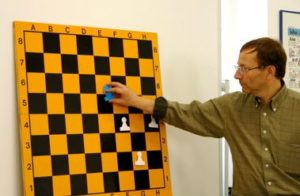
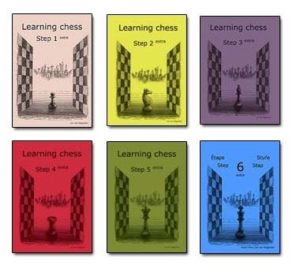
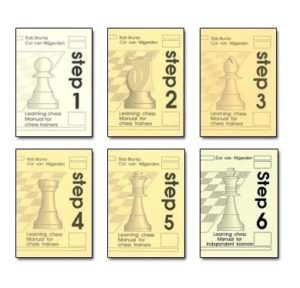

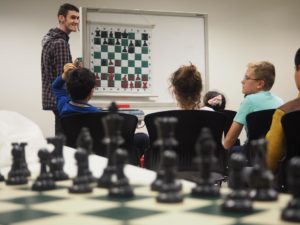
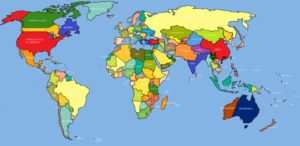
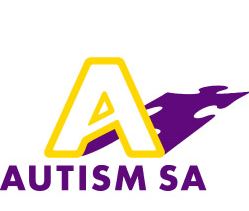

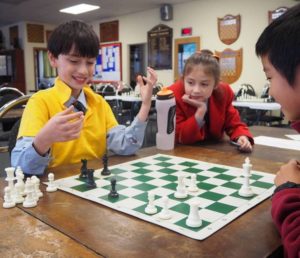
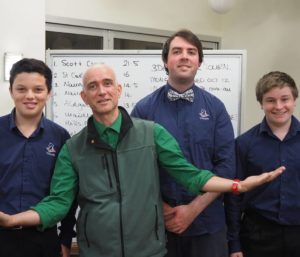
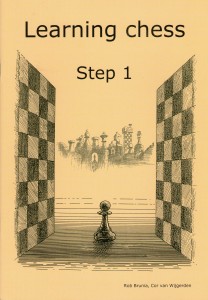
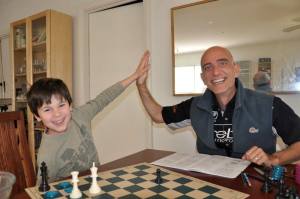

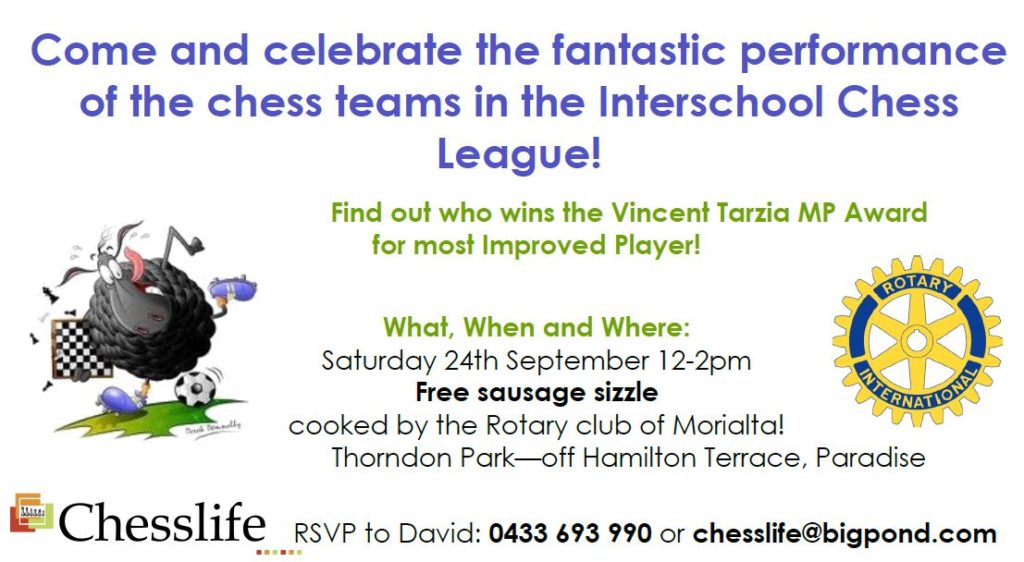

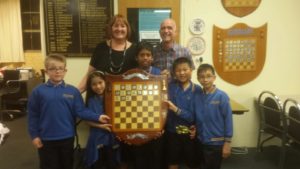

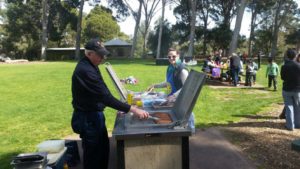

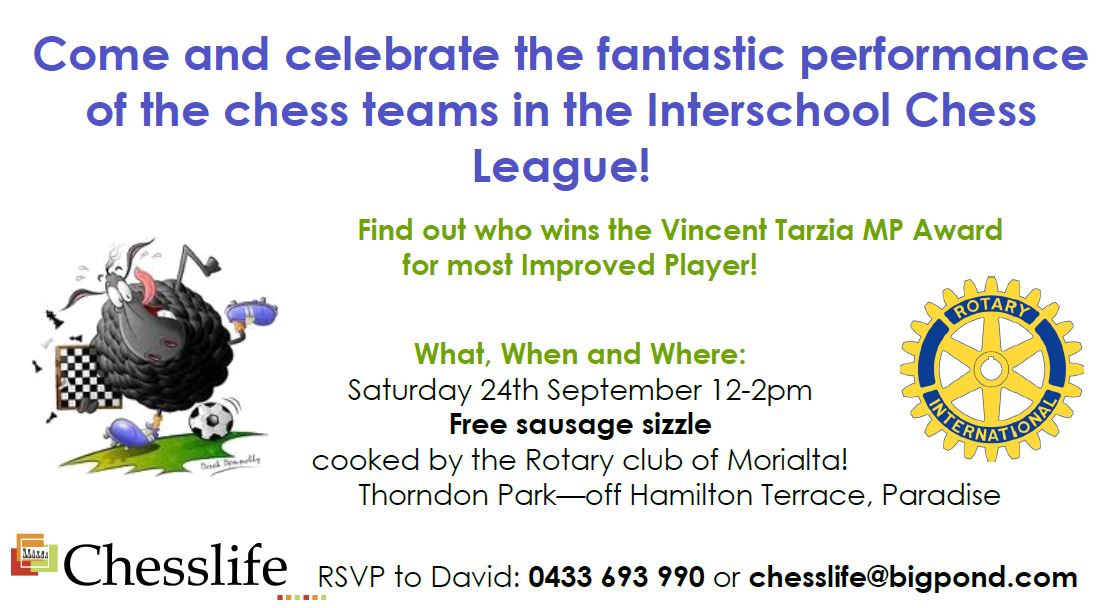
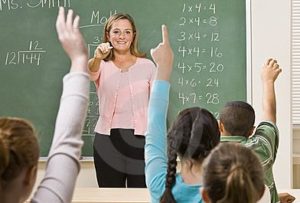


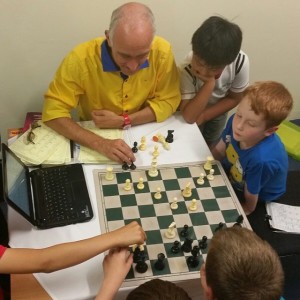



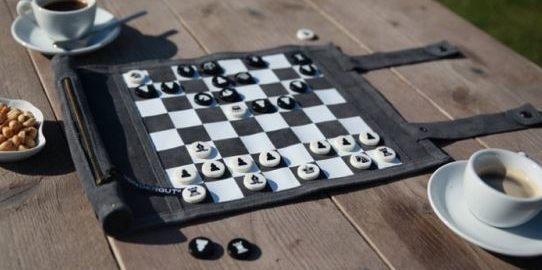
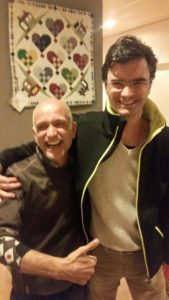


![ATA_logo_For_the_Web_72dpi[1]](https://www.chesslife.com.au/wp-content/uploads/2010/09/ATA_logo_For_the_Web_72dpi1.jpg)
